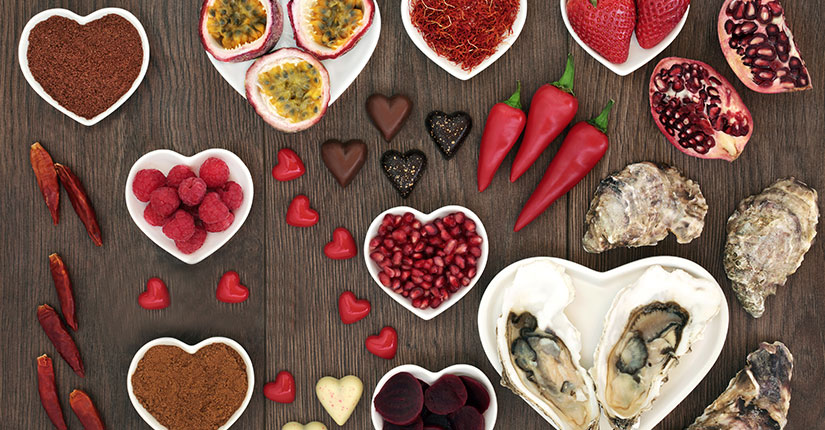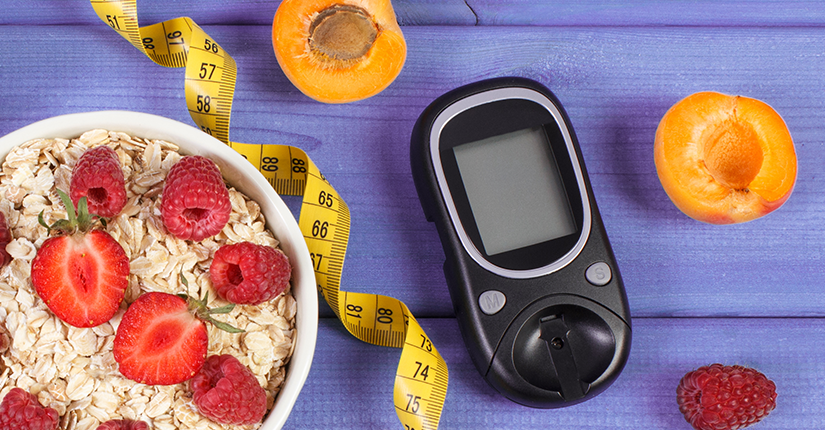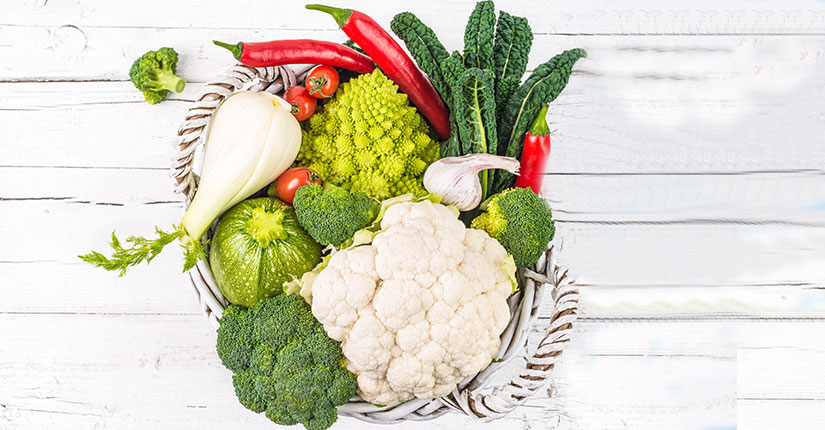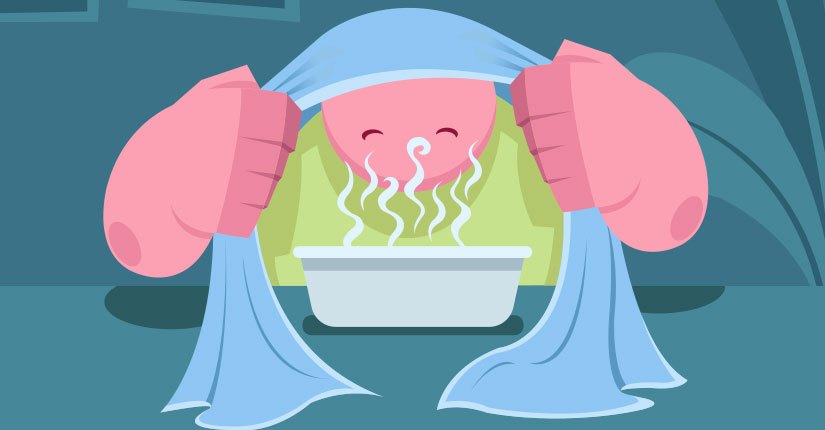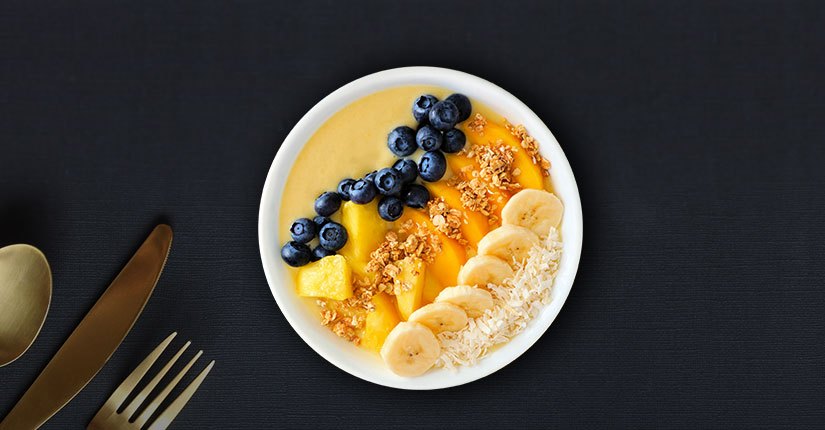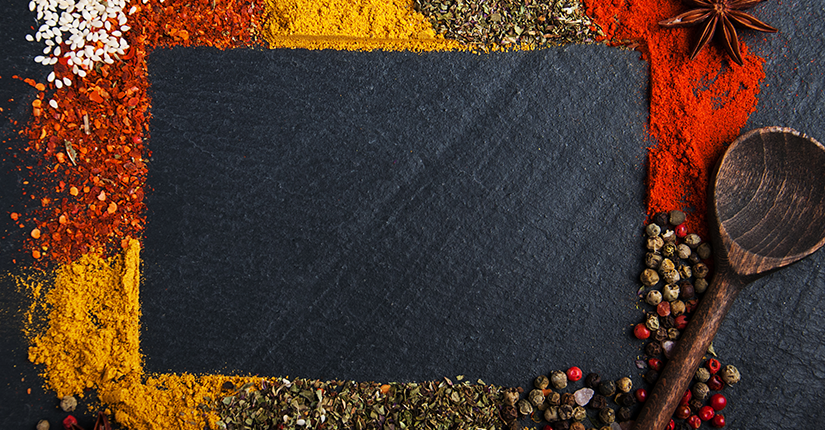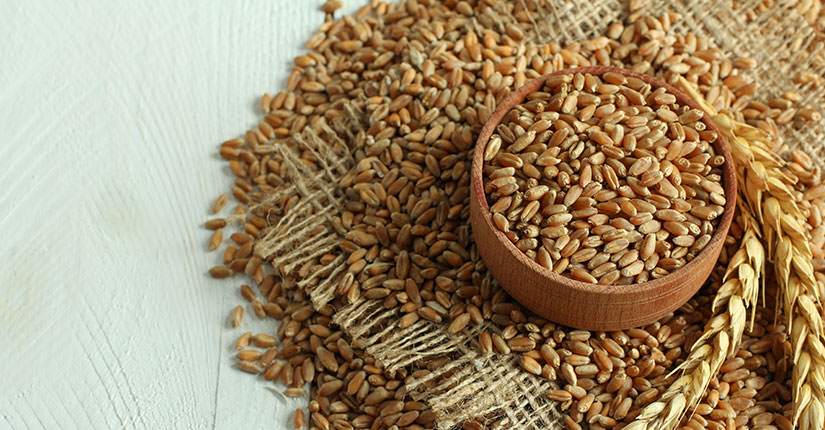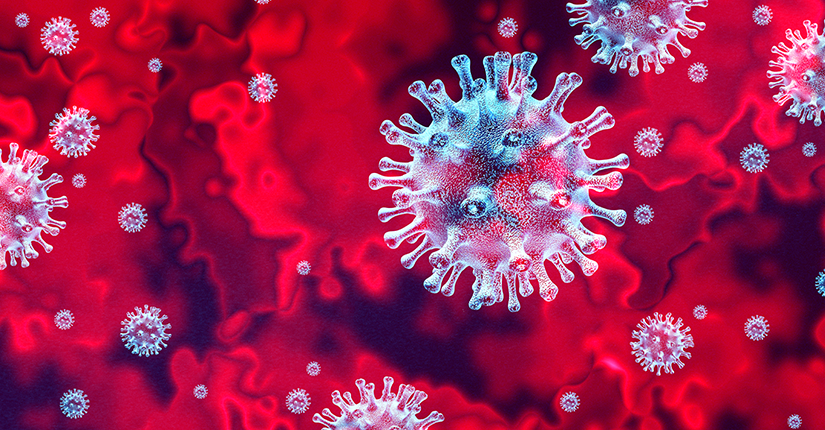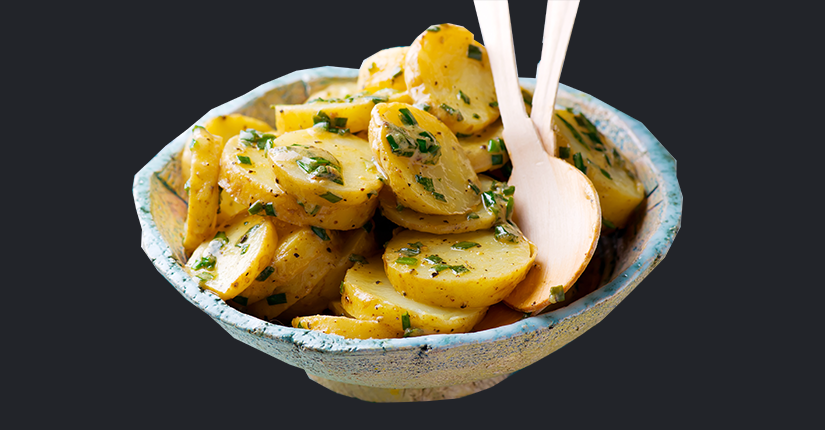6 Essential Guidelines for Healthy Dinner
By Nmami Agarwal 13-Oct 2020 Reading Time: 5 Mins
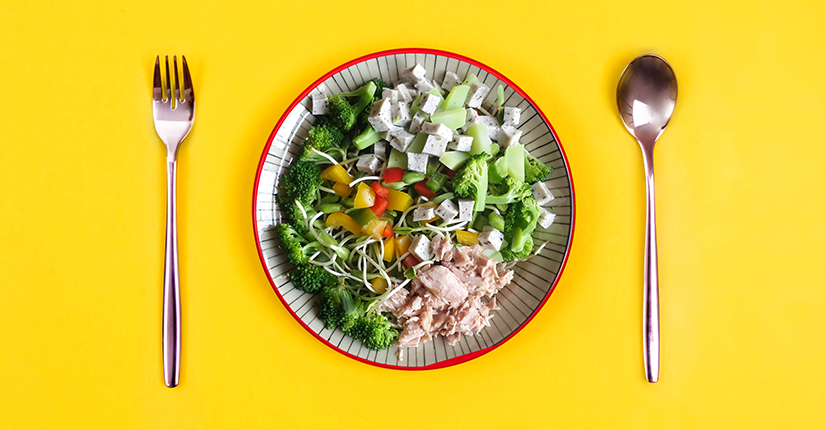
Dinner is the last meal of the day, by this time your body has the least amounts of digestive fire in function. Hence, the focus should be on eating light and healthy. For aeons ‘what’ you eat has been focused upon, but ‘when’ you eat is also equally important. Foods high in Glycemic Index (GI) and packed with simple carbs like oily foods, frozen foods, ice creams should be avoided at night. If you still want to have them, moderation is the key. As such foods can lower down your body’s metabolic rate and result in weight gain.
Read on to find out the six essential guidelines for a healthy dinner.
- Eat healthy and low-carb foods at night.
- Moderation is key.
- Have soups.
- Include more protein-rich foods.
- Include more spices.
- Avoid salt after 7 PM.
A low-carb meal restricts carbohydrates, such as those found in sugary foods, and pieces of bread. It is high in protein, fats, and vegetables. You can think of including lean meat, fatty fish, spinach, broccoli, cauliflower and other veggies, and good fats like coconut oil, and olive oil. Eating in this pattern can make the digestion easy and lead you to a sound sleep.
The digestive system is inactive during late hours. So a light dinner, eaten in moderation is key. Try to not have any extra amount of food than what you can hold in two cupped hands. Overeating can expand the stomach, and make you feel the need for additional food. It also creates toxins in the digestive tract. Also, it is important to keep a gap of 2-3 hours before bedtime.
A bowl of warm soup gives comfort to your digestive system. Having soup can also let you have a restorative and restful night sleep. You can add any vegetable, and legumes of your choice, sprinkle on some herbs and spices, to have an immunity-boosting dinner option. Cut down on the salt intake too as far as possible. Soups are also a great way to keep yourself hydrated and full at night.
You can add pulses, lentils, green leafy vegetables, and curry leaves to your last meal of the day. Having more protein is a good option to keep your digestive system working well. Simultaneously, you can also have more fibre in the form of sautéed veggies or stews to make for a complete, balanced, and antioxidants rich dinner.
Spices not only add an amazing aroma to your food but also provide for a plethora of benefits for your body. They add warmth and also aid in weight loss by working on your appetite. You can think of including cinnamon, fenugreek seeds, cardamom, cumin seeds, turmeric, coriander powder, and fennel seeds.
This one can be a little tricky. But try to cut down on salt after sunset as much as possible. It increases water retention in the body. If you have more sodium in the dinner, you put your heart and blood vessels at a greater risk of overnight blood pressure.
Over to you.
No meal is complete without mindfulness. When you are eating, just eat. Try to enjoy your food and not get distracted by conversations, TV, or your mobile phone. If you eat in awareness, you are much likely to understand your stomach getting full just right.





